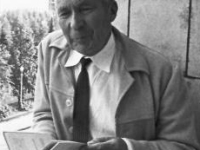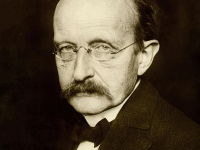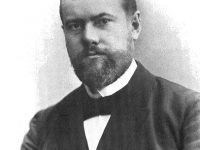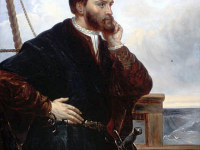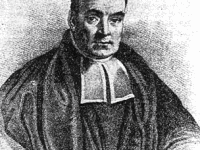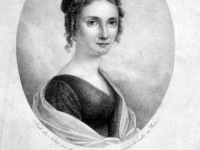Kolmogorov and the Foundations of Probability Theory
On April 25, 1903, Soviet mathematician Andrey Nikolaevich Kolmogorov was born. He was one of the most important mathematicians of the 20th century, who advanced various scientific fields, among them probability theory, topology, intuitionistic logic, turbulence, classical mechanics, algorithmic information theory and computational complexity. “The epistemological value of probability theory is based on the fact that chance phenomena, considered collectively and on a grand scale, create non-random regularity.” – Andrey Kolmogorov, Limit Distributions…
Read more

